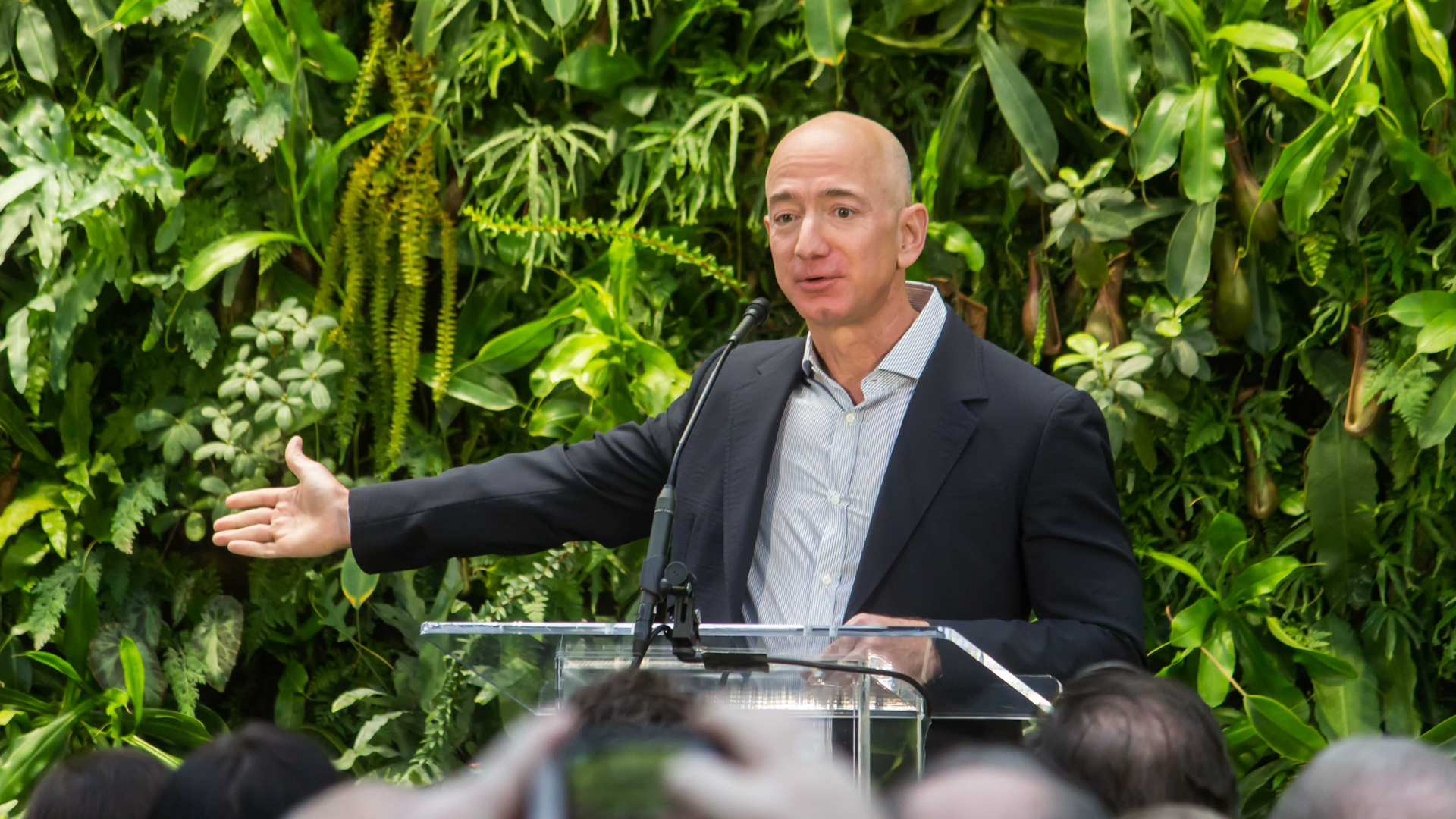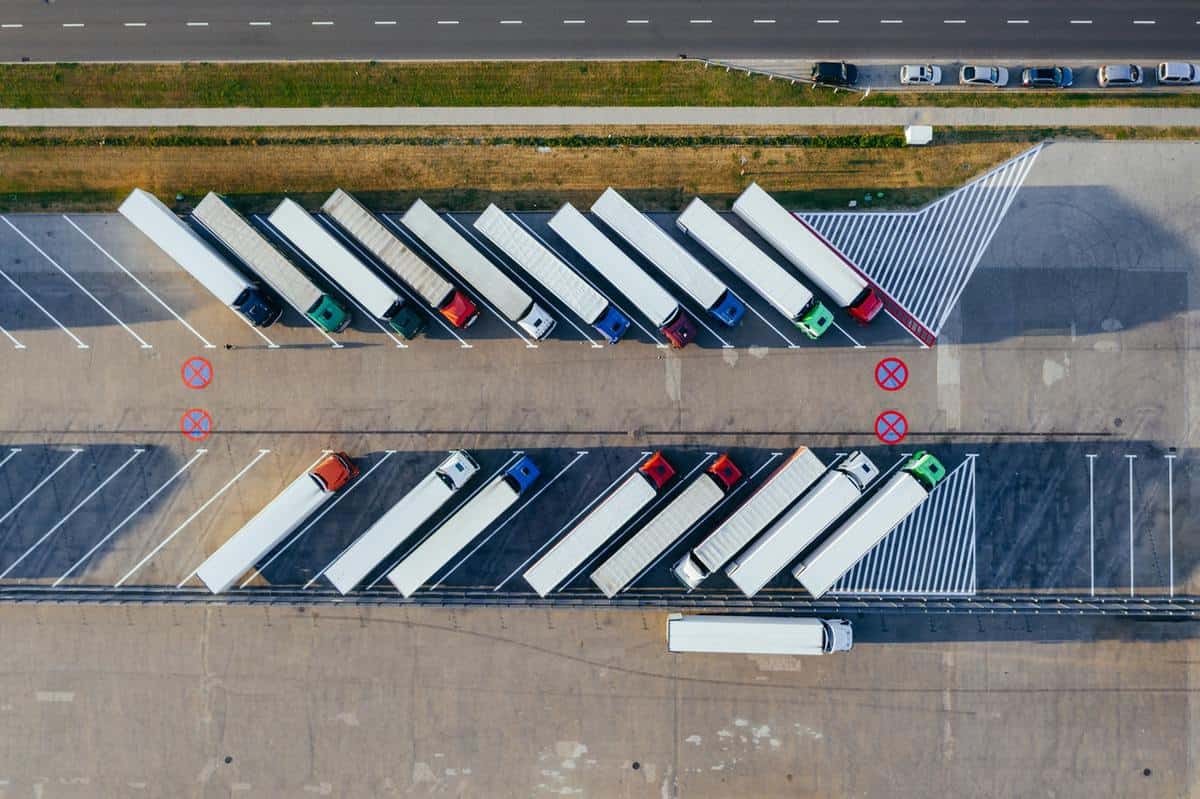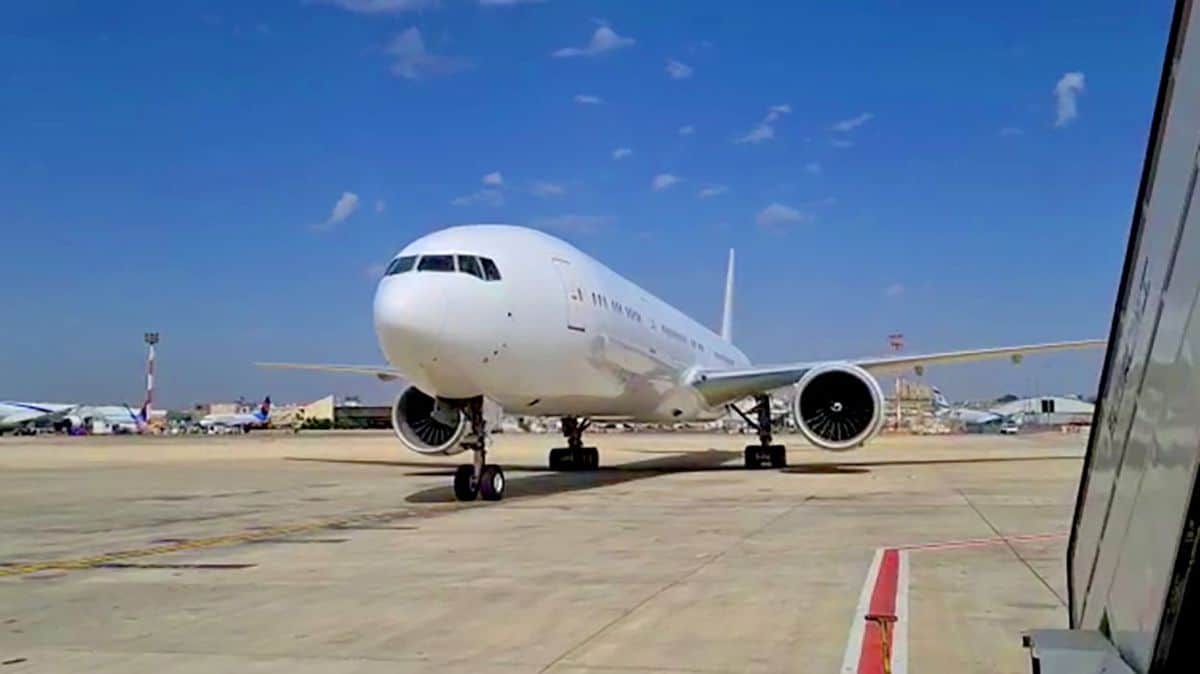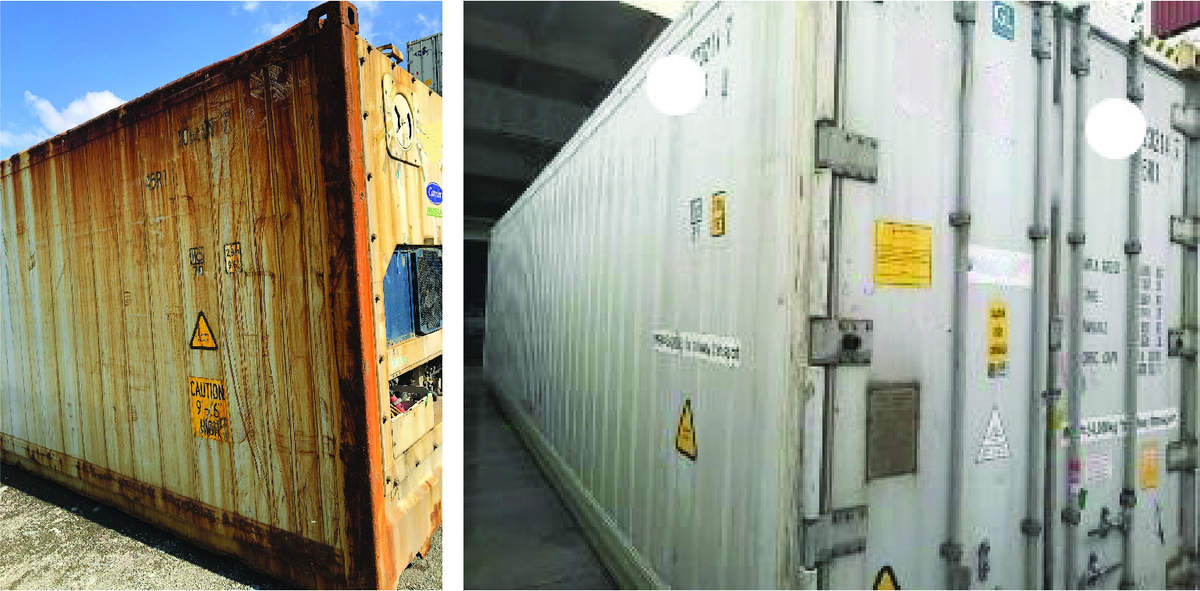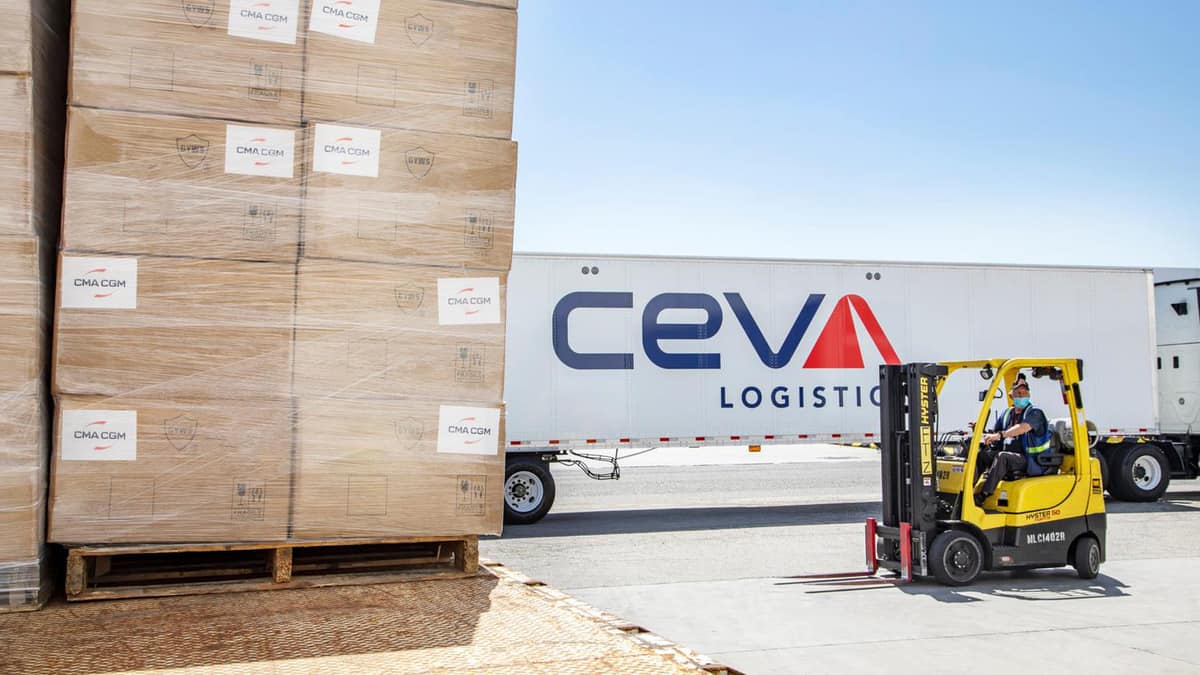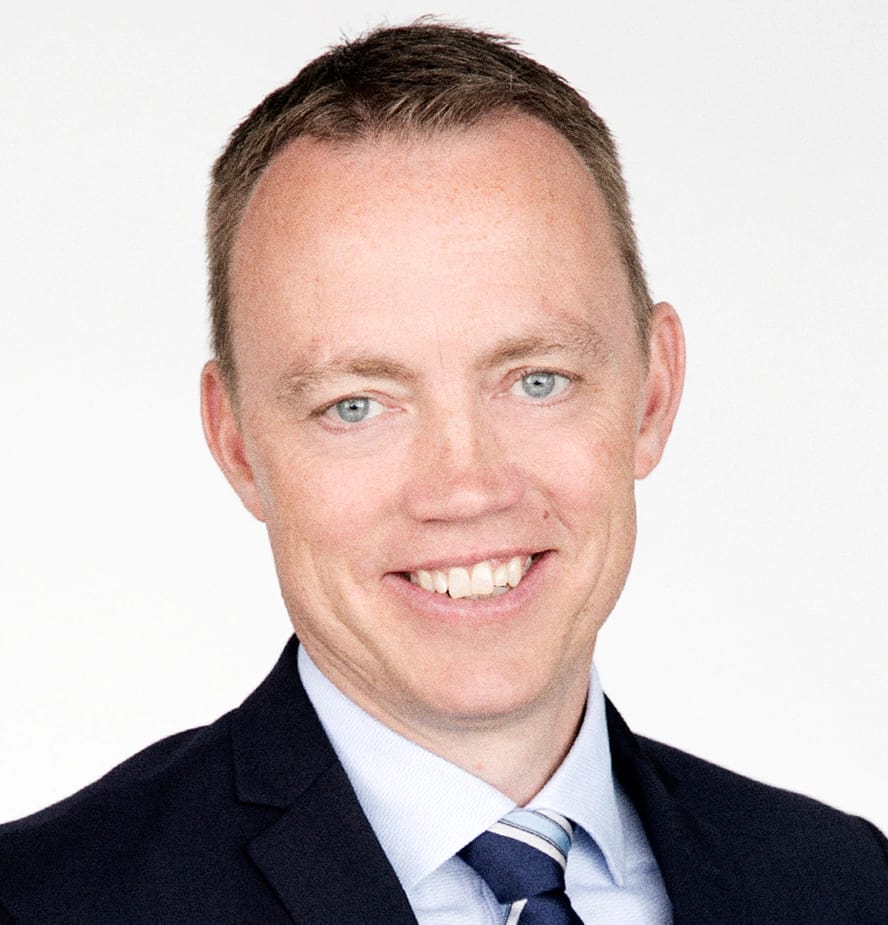
The views expressed here are solely those of the author and do not necessarily represent the views of FreightWaves or its affiliates.
Late last month, Beacon – a digital freight forwarder based in the U.K. – announced that it had raised $15 million in a Series A round of financing. It also announced that Jeff Bezos was one of the investors in that round.
Bezos’ investment instantly became an issue of discussion among people who follow early-stage technology startups in the freight markets. The fact that Beacon describes itself as a digital freight forwarder added to the intrigue since digital freight forwarders have proclaimed the imminent death of traditional freight forwarders for at least half a decade, arguably longer.
(Photo: Flickr/Seatlle City Council)
In the press release, Beacon describes itself as “a technology-driven freight forwarder applying technology to create a simpler, more efficient shipping experience for its customers.”
Like other digital freight brokers, Beacon’s goal is to disrupt the “trillion-dollar” freight forwarder market.
This made me think of a number of conversations I have had recently with various early stage startups building new products for the freight markets, while trying to discover a scalable, repeatable and profitable business model in the process.
Disruption is the outcome of solving customers’ problems
The startups that end up disrupting an industry do so by creating customer value on an ongoing basis. In the process, and as they become more successful at demonstrating and creating customer value, they develop a trusted brand and other elements of an economic moat. Over time, their success at value creation and the existence of an economic moat around their business model enables them to extract more value for themselves.
This is particularly true if the startup successfully increases the size of the overall profit pie available for distribution across every node in the supply chain – avoiding a zero-sum contest with other participants in the supply chain network of which they are a part.
Reacting to the announcement about Beacon’s round, Robert Keen, Director General of the British International Freight Association, defended traditional freight brokers. He argues that traditional freight forwarders are more nimble and adaptive to changing technology trends than digital freight forwarders are willing to recognize.

Freight forwarding is not a trillion-dollar industry
Digital freight forwarders often proclaim that freight forwarding is a “trillion dollar market” that is ripe for disruption. Certainly, the customers that digital freight forwarders serve move products worth more than $1 trillion. But freight forwarders don’t capture $1 trillion of value in the form of revenues for themselves. So it is deceptive to say that freight forwarding is a trillion dollar industry. It is not.
According to Statista, freight forwarding revenues amounted to 151.9 billion Euros in 2019, worldwide. Using an exchange rate of 1 Euro = 1.13 U.S. Dollars, that amounts to $171.65 billion.
According to IBISWorld, in 2019 there were 108,675 freight brokers in the United States. These companies employed 382,955 people. Estimated revenue for the industry was $145.6 billion. It is an industry characterized by low barriers to entry and intense price competition. It is also an industry characterized by regional and industry specialization.

Wrapping things up
I am not arguing that freight forwarding will never undergo disruption due to technology-driven innovation. Nor am I saying this means that there are no venture-scale opportunities in freight forwarding.
But, I am saying that early-stage investors should be skeptical of claims that there is a trillion dollars of value that traditional freight forwarders have failed to create, and as such that digital freight forwarders will create that value and capture a substantial portion of it in the process.
If you are a team working on innovations that you believe have the potential to refashion supply chain logistics, we’d love to tell your story in FreightWaves. I am easy to reach on LinkedIn and Twitter. Alternatively, you can reach out to any member of the editorial team at FreightWaves at media@freightwaves.com.

